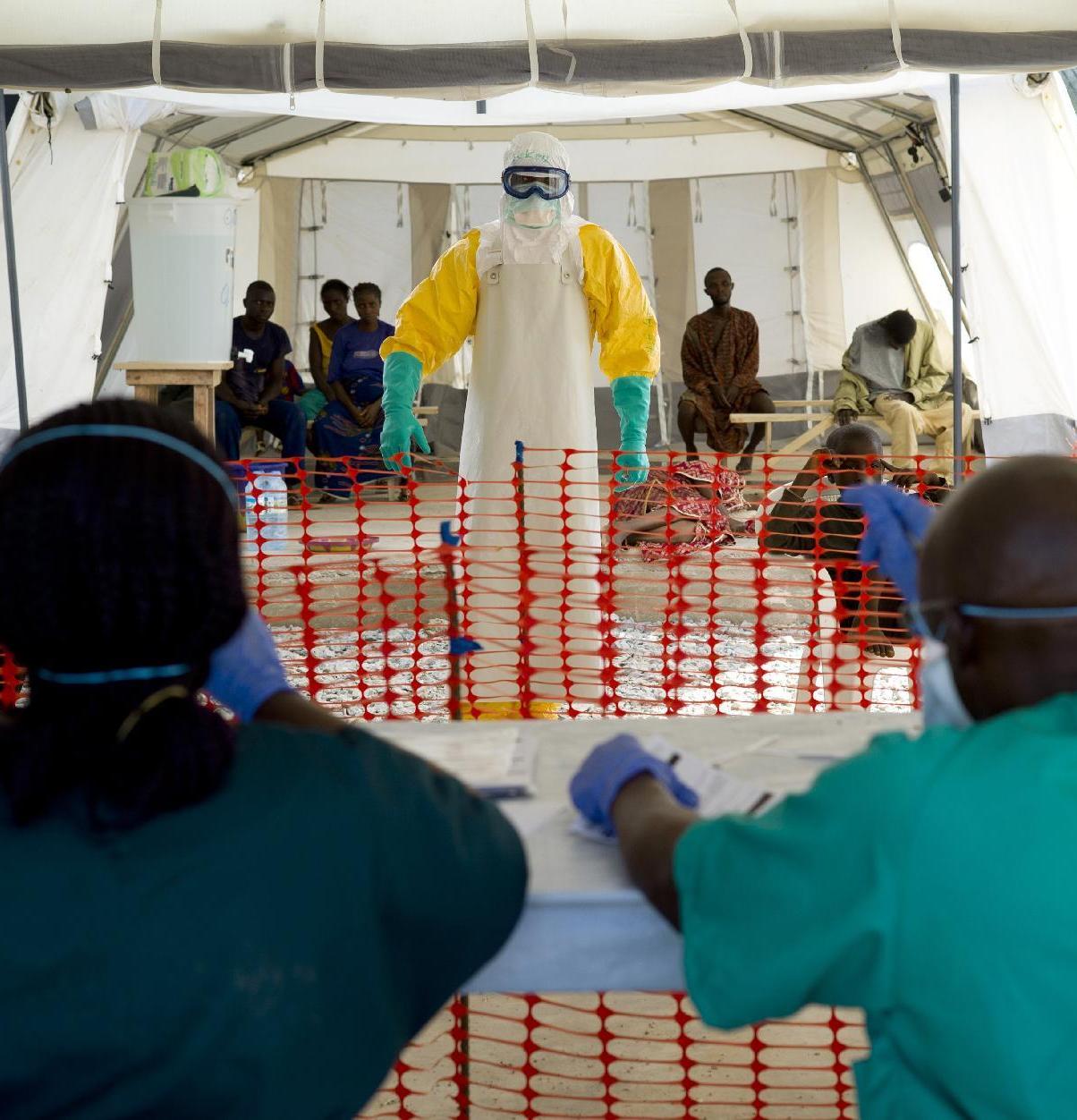Delay in funds may have helped Ebola spread
Delays by international donors in providing money promised to fight Ebola may have allowed the disease to spread, driving up the amount of the final bill, a study said Wednesday. The analysis, conducted by Karen Grepin, a specialist in health policy at New York University, tracked both requests for funding by the UN’s World Health Organisation as the crisis escalated, and when payment of donations pledged was actually made.
Substantial donor support did not reach affected countries until October, more than six months after WHO was alerted to the outbreak. These delays in disbursements of funding may have contributed to spread of the virus and could have increased financial needs.
A paper published online in The BMJ medical journal
In early April, less than a month after the initial outbreak, WHO appealed for $4.8 million in aid, a request that was swiftly met and exceeded by the international community. But by mid-November, after the creation of the UN Mission for Ebola Emergency Response, the official request made for funding was $1.5 billion. However, Grepin said, “it took until at least mid-October before the affected countries received $500 million and until at least December before they got $1 billion.” As of December 31, donors had pledged a total of $2.89 billion, of which only $1.09 billion was actually paid. The lesson from that, she noted, is that the world needs a mechanism for a far quicker disbursement of money when Ebola and other dramatic health threats suddenly emerge.

Health